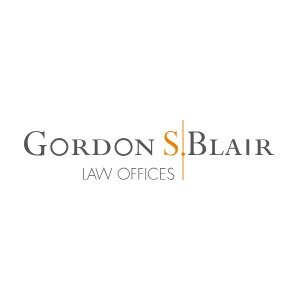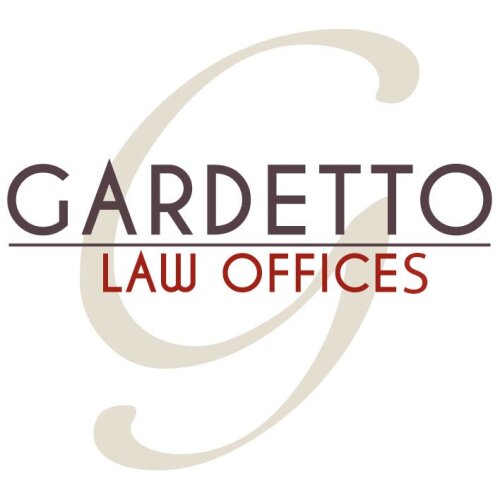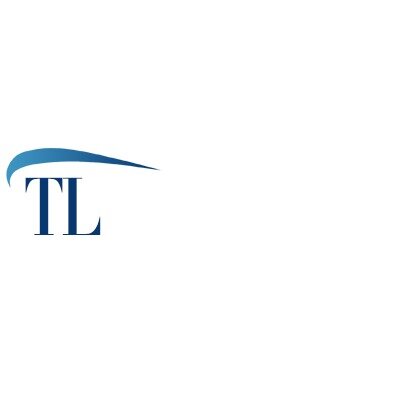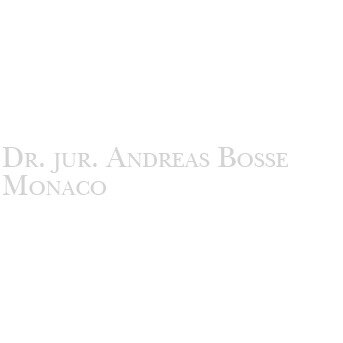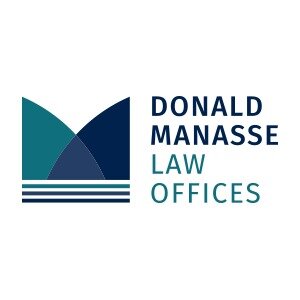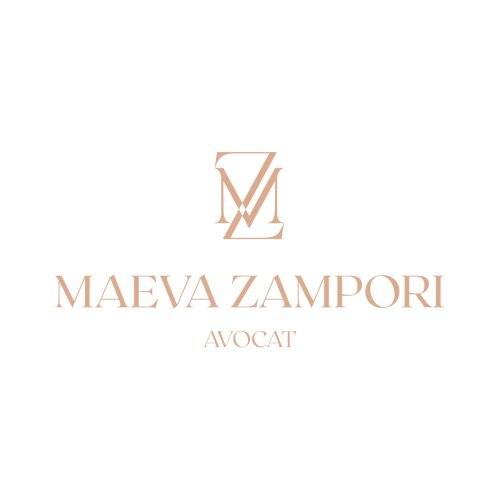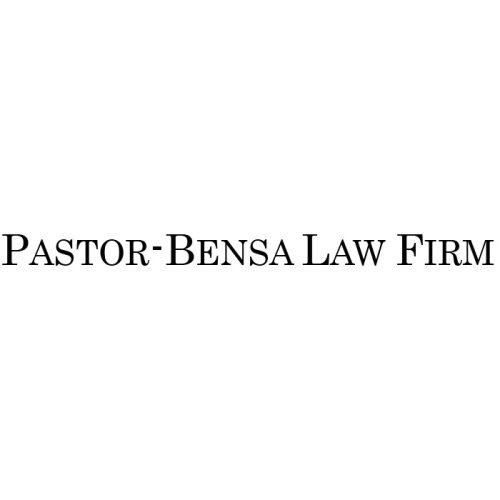Best Private Equity Lawyers in Monaco
Share your needs with us, get contacted by law firms.
Free. Takes 2 min.
List of the best lawyers in Monaco, Monaco
About Private Equity Law in Monaco, Monaco
Private equity is an investment sector focused on acquiring and managing private companies or assets outside the public stock markets. In Monaco, private equity activity is influenced by the Principality's unique economic landscape, favorable fiscal policies, and strong reputation for stability and confidentiality. Private equity transactions in Monaco can involve various strategies, including buyouts, venture capital, growth capital, and fund formation. Due to Monaco’s prominence as a financial center, private equity deals here often require careful navigation of complex regulations and local practices.
Why You May Need a Lawyer
The private equity sector in Monaco presents numerous legal challenges and opportunities that typically require specialized legal assistance. You may need a private equity lawyer in situations such as:
- Establishing or structuring a private equity fund or investment vehicle in Monaco
- Negotiating and drafting investment agreements, partnership agreements, or shareholder contracts
- Conducting due diligence on potential investments or acquisition targets
- Complying with Monaco’s financial regulations and cross-border investment rules
- Advising on the tax implications of private equity transactions
- Resolving disputes among investors, fund managers, or portfolio companies
- Handling exits, including sales, IPOs, or restructuring deals
In each case, a lawyer helps ensure compliance with all relevant legal requirements, mitigates risks, and structures transactions to protect investors’ and stakeholders’ interests.
Local Laws Overview
Monaco’s legal framework for private equity is shaped by a combination of domestic laws and the influence of international best practices. Some of the key legal aspects include:
- Company law: Monaco has specific legal forms for business entities, including sociétés anonymes monégasques (SAMs) suitable for private equity transactions. The choice of entity and governance rules significantly affect investment deals.
- Financial regulations: The Commission de Contrôle des Activités Financières (CCAF) supervises financial activities and must authorize certain private equity operations, especially regarding fund management and public offerings.
- Cross-border investments: While Monaco is not an EU member, it often aligns with European standards, especially in anti-money laundering (AML) and investor protection. Foreign investments may require governmental authorization.
- Taxation: Monaco’s tax regime is favorable, with no personal income tax for residents and tailored solutions for corporate entities. However, complexities arise in international structures involving Monaco-based funds or investors.
- Confidentiality: Monaco upholds strict confidentiality in financial and business matters, which can benefit private equity investors but must be balanced with international transparency obligations.
Given the multi-layered and evolving regulatory landscape, knowledgeable legal advice is essential in any private equity undertaking in Monaco.
Frequently Asked Questions
What is private equity and how does it operate in Monaco?
Private equity refers to investments made in private companies, often for the purpose of restructuring or growing those businesses. In Monaco, private equity operations typically focus on regional and international transactions, leveraging the jurisdiction’s business-friendly environment, robust legal framework, and financial services infrastructure.
Do I need regulatory approval to establish a private equity fund in Monaco?
Yes, establishing a private equity fund in Monaco often requires authorization from the CCAF, especially if the fund will be actively managed or offered to the public. The process involves demonstrating compliance with local financial and AML regulations.
What are the main legal structures for private equity funds in Monaco?
Popular legal structures include the société anonyme monégasque (SAM) and société en commandite simple (SCS), each with its own governance and capital requirements. The choice depends on the fund’s strategy, investor profile, and desired operational flexibility.
Are there any restrictions on foreign investors in Monaco-based private equity funds?
Foreign investors are generally allowed in Monaco funds, though certain transactions may require governmental authorization. Funds must comply with AML and KYC rules, and structures involving foreign participants may have additional requirements.
What are the tax advantages of private equity in Monaco?
Monaco offers significant tax advantages, including no personal income tax for residents and tailored regimes for corporate entities. However, international transactions may trigger tax obligations in other jurisdictions, necessitating expert legal and tax advice.
How are private equity transactions regulated?
Regulation is overseen by the CCAF, with a focus on ensuring investor protection, AML compliance, and adherence to local company law. Transactions involving financial instruments, fund management, or public solicitation are subject to additional scrutiny.
What due diligence is required in Monaco-based private equity deals?
Due diligence covers legal, financial, and regulatory aspects, including company structure, assets, liabilities, contracts, compliance history, and reputational issues. Monaco’s confidentiality laws must be navigated appropriately during this process.
Can disputes in private equity deals be resolved through Monaco courts?
Yes, Monaco has specialized commercial courts to handle business disputes, including those arising in private equity deals. Alternatively, parties may opt for arbitration or out-of-court settlements, depending on contractual provisions.
How do exits from private equity investments work in Monaco?
Common exit strategies in Monaco include trade sales, IPOs on local or international markets, and recapitalization. Legal advisors assist with structuring exits to maximize value and ensure compliance with regulatory obligations.
Why is confidentiality so important in Monaco’s private equity deals?
Confidentiality is a hallmark of Monaco’s financial sector and is legally enforced to protect investors and business interests. However, this must be balanced with growing international transparency and reporting standards.
Additional Resources
If you are seeking more information on private equity in Monaco, the following resources may be useful:
- Commission de Contrôle des Activités Financières (CCAF) - The main regulatory body for financial services, including private equity funds
- Monaco Business Office - Offers guidance on business incorporation and investment matters
- Monaco Association for Financial Activities - Provides updates on industry developments and best practices
- Local legal and accounting firms specializing in private equity and business law
- Chamber of Economic Development Monaco (CDE) - Supports business and investment growth
Next Steps
If you need legal advice or representation in private equity matters in Monaco, consider the following steps:
- Define your objectives and prepare relevant documents related to your business or investment
- Research lawyers or law firms specializing in private equity and financial services in Monaco
- Schedule an initial consultation to discuss your situation, ask about experience with similar transactions, and clarify fee structures
- Collaborate closely with your legal advisor to navigate regulatory approvals, draft legal documents, and ensure compliance throughout the investment process
- Stay informed about updates to Monaco’s laws and international standards affecting private equity
Engaging experienced legal counsel is critical for protecting your interests, managing risks, and achieving successful outcomes in private equity transactions in Monaco.
Lawzana helps you find the best lawyers and law firms in Monaco through a curated and pre-screened list of qualified legal professionals. Our platform offers rankings and detailed profiles of attorneys and law firms, allowing you to compare based on practice areas, including Private Equity, experience, and client feedback.
Each profile includes a description of the firm's areas of practice, client reviews, team members and partners, year of establishment, spoken languages, office locations, contact information, social media presence, and any published articles or resources. Most firms on our platform speak English and are experienced in both local and international legal matters.
Get a quote from top-rated law firms in Monaco, Monaco — quickly, securely, and without unnecessary hassle.
Disclaimer:
The information provided on this page is for general informational purposes only and does not constitute legal advice. While we strive to ensure the accuracy and relevance of the content, legal information may change over time, and interpretations of the law can vary. You should always consult with a qualified legal professional for advice specific to your situation.
We disclaim all liability for actions taken or not taken based on the content of this page. If you believe any information is incorrect or outdated, please contact us, and we will review and update it where appropriate.



